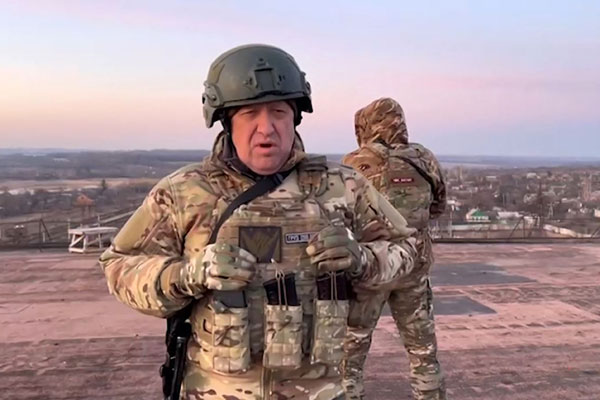Mercenaries and the new class of world powers

Charles Tweheyo
What you need to know:
And as security is becoming more of a commodity, clients consistently emerge and a few compradors grow more powerful hence forming a new ruling class
For more than two centuries mercenaries have played a vital role in espionage, investigation services, opposition research, intimidation... Recently, mercenary operations stretched to cyberspace and they are currently shaping the global security and political order.
Interestingly, the ‘international community’ has plainly neglected the threat posed by the proliferation of mercenary groups against the state. The growing enthusiasm for privatization of war is spontaneously changing the global security order following the deliberate efforts to subject the world’s most flammable asset ‘security’ to forces of demand and supply.
This has definitely, with fundamental effects, altered the distribution, maintenance, exercise and expansion of power within the world system. As a result, we are living in a trend where states no longer enjoy a monopoly of force to uphold the rule of law. To place this in context, consider the June 2023 Wagner rebellion in Russia and the 2023 Sudan conflict between the national armed forces and the Rapid Support Forces. In both scenarios, the state has been subjected to existential threat. This is how mercenaries are changing world order.
According to previous findings, almost all mercenaries had to have some background in the armed forces. Some from military and others national police backgrounds. Today, the mode of operation of mercenary groups is different. They manage basic training camps, so it doesn’t need everyone to start in a national army or police.
While in the first place mercenaries were known to be motivated majorly by profit, the current wave of mercenaries has mastered the art of seeking both profit and power. This is also to say that mercenaries are alive to the fact that political and economic interests are complementary. In this context, while their role has expanded to the ‘want’ for political power, they have not abandoned their fundamental principle of profit-maximization.
Unlike in the recent decades when mercenaries sought work in foreign lands, mercenaries in the present era can provide both foreign and domestic services. This helps them to increase their interest in determining the political systems of their homelands.
As a result of the alterations in their mode of operation, mercenaries are currently being organized by politicians, mega corporations and the global compradors to invest in their own security, given that mercenaries are available and de facto legitimized.
The current global political and security narrative is dominated by a privatized international warfare whereby anyone with enough money can rent a military group to achieve rather specialised interests. Essentially, what this means is that whereas not everyone can afford to rent mercenaries to wage war, the politically-interested superrich have become the new authorities in the field of politics and power in international affairs. This is a serious threat to the principles of governance based on people’s choice. The law of demand and supply has brought war to the market while the dark side of the market has buttressed the new form of demand and supply by hawking war on the streets of evil.
While the state has for long had ultimate authority over the use of force, this marketization of war has dipped the state authority into immense challenge.
Increasingly, the world is becoming insecure due to the weakening state. Security is becoming more of a private than a statutory service. Mercenaries are becoming more acceptable to the world as ‘legitimate’ challengers of the existing order. And as security is becoming more of a commodity, clients consistently emerge and a few compradors grow more powerful hence forming a new ruling class . We must say no to a world order where states are transformed as private corporations.
Mr Charles Tweheyo is an analyst of international relations.




